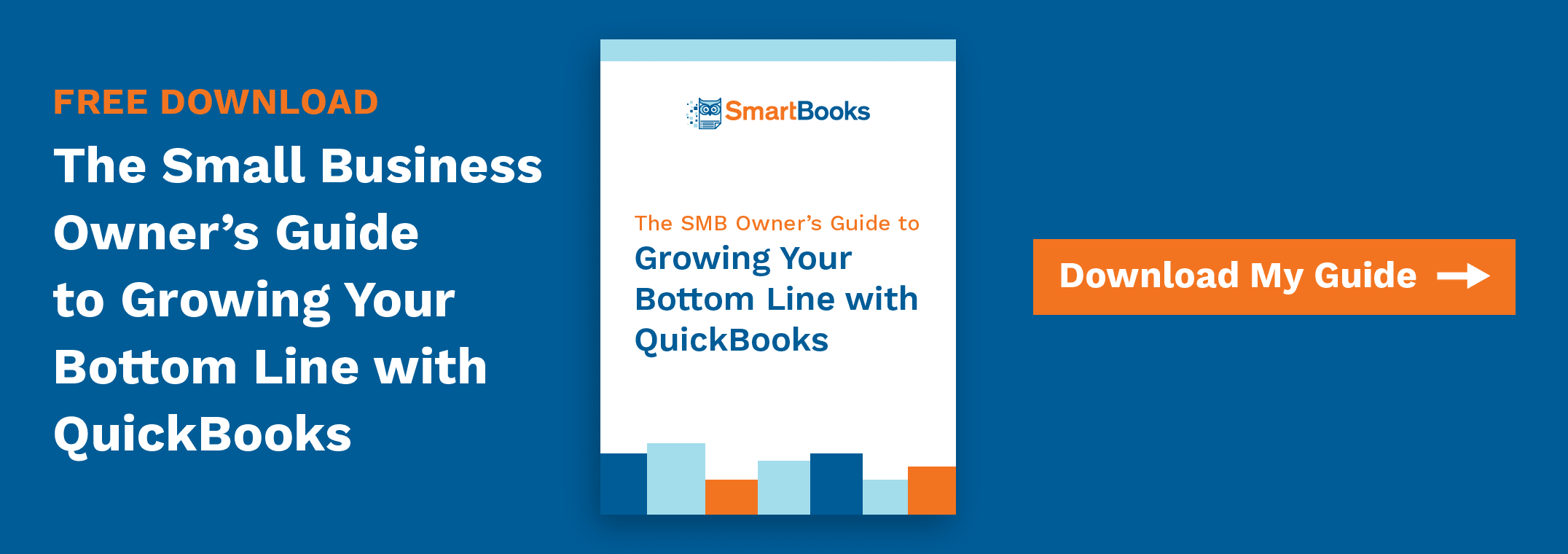9 Accounting and Bookkeeping Best Practices of Successful Businesses

Establishing accounting and bookkeeping best practices for your small business is an important priority. The sooner you manage your business’s finances the right way, the sooner you can stop worrying about whether money is being wasted.
Here are nine accounting and bookkeeping best practices you should implement today.
1. Determine Which Accounting Method to Use
There are two basic models for managing your business’s accounting – cash-based and the accrual method. Cash-based is more common; it records revenue when money is received and expenses when they are paid. The accrual method records revenue when it is earned and records expenses as soon as an invoice is received or money is paid.
Since the accrual method sometimes records revenue and expenses before they have been received or paid, it can be more complex to manage than the cash method. However, it can provide a clearer picture of your finances, especially as your business grows.
2. Keep Personal Finances Separate from Businesses Funds
It can be tempting to let your personal finances become mixed with your business accounts. You must avoid this situation because it can have negative consequences for both. Not having a clear picture of your business’s finances will become a problem when talking to a lender or investor. Mixing personal and business funds also puts you in dangerous territory when dealing with the IRS (Internal Revenue Service).
3. Automate Everything You Can
Automate any financial aspects of your business as possible. Schedule recurring bills for autopayment and send cyclical invoices to customers you see regularly. This will help you establish a dependable cash flow and avoid late payments. You can connect bank and credit card feeds to automate posting in QuickBooks to streamline this process.
4. Track Your Business Expenses Using Software
To have a good idea of how much money is moving through your business, you need a dependable method for tracking expenses. Again, a software solution is your best bet. This is even more important as your finances become more complex.
If your business is a service, accounting software tools such as QuickBooks can also help you track your employees’ time. QuickBooks is compatible with many payroll automation and time-tracking systems. Connecting these systems will give you a clear picture of your staffing finances alongside pertinent business financial data.
5. Establish Internal Controls
Implementing strict internal controls at an early stage will reduce the impact of fraud, waste and errors. Make sure there are clear redundancy policies in your accounting process.
A good way to think about this process is to think about how checks are processed through your business. The person taking checks from customers should not be the same person recording the money being received. The person receiving the checks should be keeping a written log of checks accepted that is then handed to the accounting department along with the checks.
6. Monitor Accounts Receivable
Accounts receivable can actually become a liability if not well-managed. Closing a sale is great, but you can’t work with the cash from the sale until money has changed hands. Make sure invoices are reaching clients on time and insist on prompt payments. Decide on a collection strategy ahead of time; you never know when you will need to use it.
7. Maintain Clean, Thorough Records
Another risk factor for new/small businesses is failing to keep accurate records. Keeping well-maintained records will help you understand what’s going on in your company. It will demonstrate to potential investors that you know what it takes to run a good business with clean books. It also keeps you ready to quickly deal with any unforeseen IRS activity.
8. Plan for Taxes and Pay Them on Time
Your company has tax obligations. You should anticipate what sort of costs your business will owe in taxes well before it is time to pay them. This will help you make better business decisions throughout the year, can help lighten your overall tax burden and will ensure you avoid tax penalties.
9. Communicate with Bookkeepers
Maintain a regular dialogue with a professional bookkeeper. CPAs and other finance professionals have skills that you won’t have time to develop. Checking in with someone with specialized knowledge of your industry’s tax structure will help you make better decisions.
By using these nine accounting and bookkeeping best practices you will set a solid framework for your business to grow and be successful. Don’t wait. As soon as you apply these methods, you’ll see the benefits.
Want more tips on improving accounting and bookkeeping functions in your small business? Download the guide:
